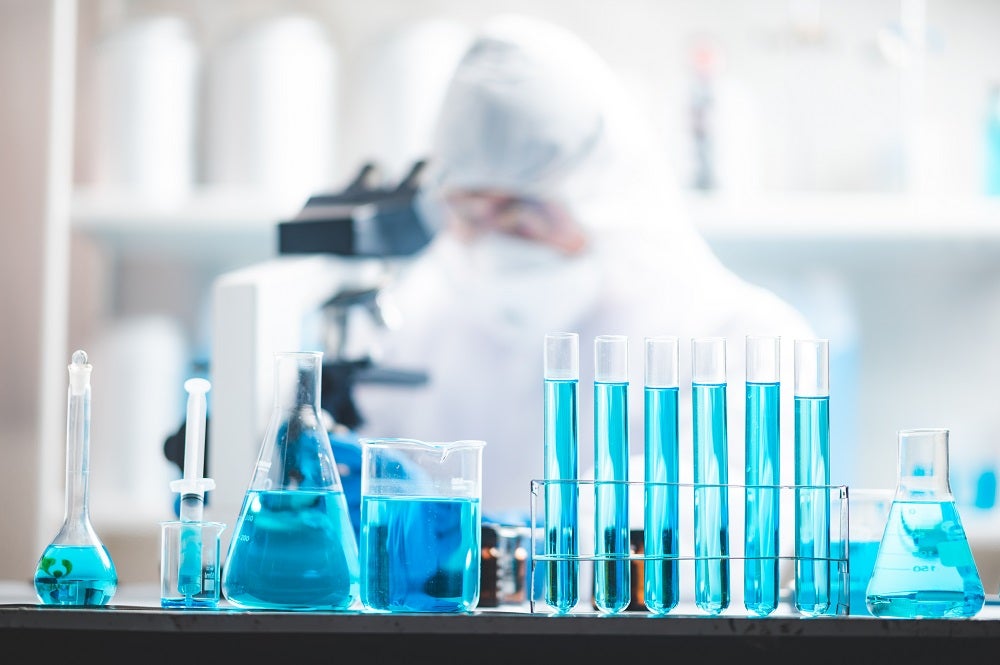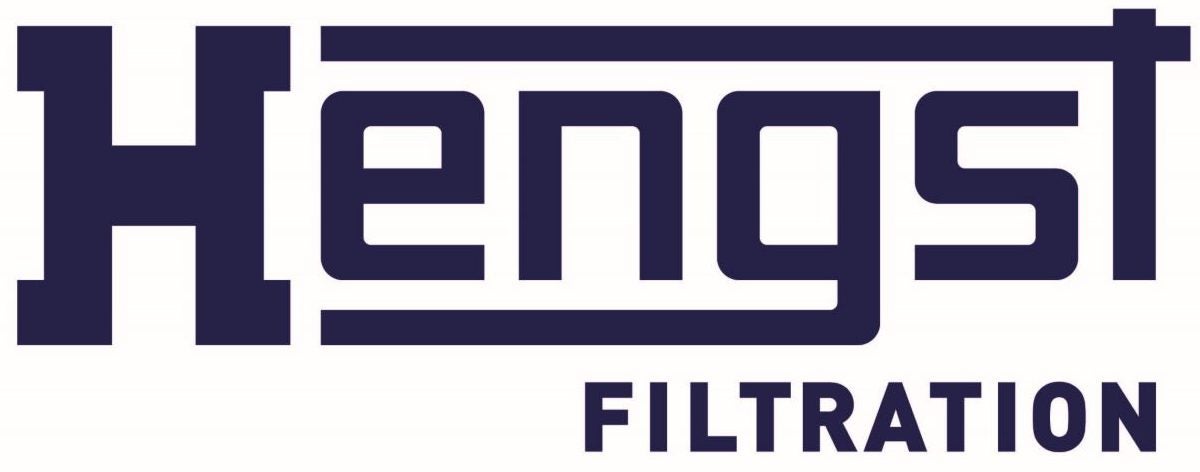
High-efficiency particulate air (HEPA) filters represent a high-efficiency standard. The key feature of HEPA filters lies in their ability to capture particles as small as 0.3 microns with an efficiency of 99.97%. This means that even the tiniest pollutants, including dust mites, pollen, mould spores, bacteria, and some viruses, are effectively trapped within the filter, preventing them from circulating in the air we breathe.
HEPA filters are particularly beneficial for applications that require contamination control, such as pharmaceutical, chemical and food processing industries. With such high stakes, it is essential that HEPA characterisation is held to a stringent standard and that air filtration is consistently efficient.
Hengst (formerly Delbag) has been reliably providing HEPA-certified air filters to the life science industries for years, with a range of filters that have undergone leak tests for every filter element and has individual scan reports in accordance with DIN EN 1822 for filter efficiency. Every facility has different needs, so Hengst offers a wide selection of filter frames and profiles, along with a comprehensive range of gaskets and handle guards, including customised sizes if necessary.
Introducing premium HEPA filter elements
Hengst engineers are always looking for improvement when it comes to filtration, and there is one question prevalent across all industries: How can I reduce energy consumption without sacrificing efficiency?
Hengst’s current MacroPur F HEPA filter elements are built from pleated microglass paper. The individual folds are separated from each other using hot melt threads, giving the entire filter pack high stability and utilising the entire depth of the fold for filtration. These pleats are individually customised depending on the application for optimised efficiency and maximised service life. The filter packs are then cast into a fully airtight galvanised steel frame. This filter has been used in a range of industries, from microelectronics to pharmaceutical, microbiology and food production.
In September 2023, Hengst will expand on this range by launching its MacroPur-F PRO, which promises to save 40% energy while maintaining the same airflow rate of 1,200m3/h.
The opportunity for energy saving comes down to initial pressure loss. The original MacroPur has a standard pressure loss of 250Pa, whereas the improved MacroPur PRO offers 148Pa. According to Thorsten Stoffel, product manager for Hengst: “The difference between 250 Pa to 148 Pa is that the operator of a filter that only has 148 Pa pressure can save 850 kWh of energy per year. If 1 kWh costs €0.30, it means €255 savings per year for each filter.”
All MacroPur PRO HEPA filter elements will be fitted with grip protection manufactured from varnished steel on the clean air side of the filter element, and will offer the same proven efficiency of filters that consume 40% more energy.
To find out more about the new premium range of HEPA filter elements and how your site could benefit, download the paper below, as well as details to sign up for the upcoming webinar.


